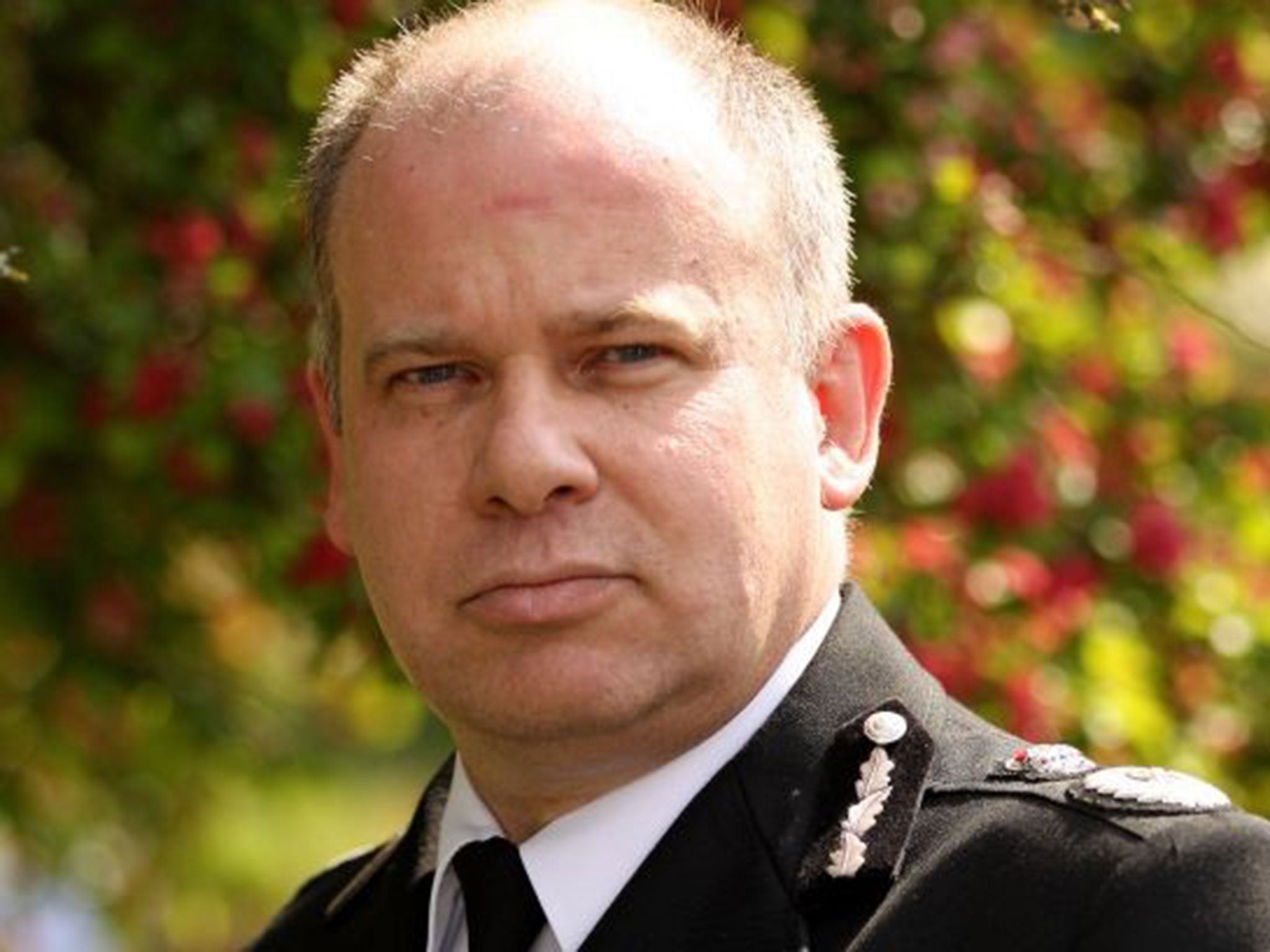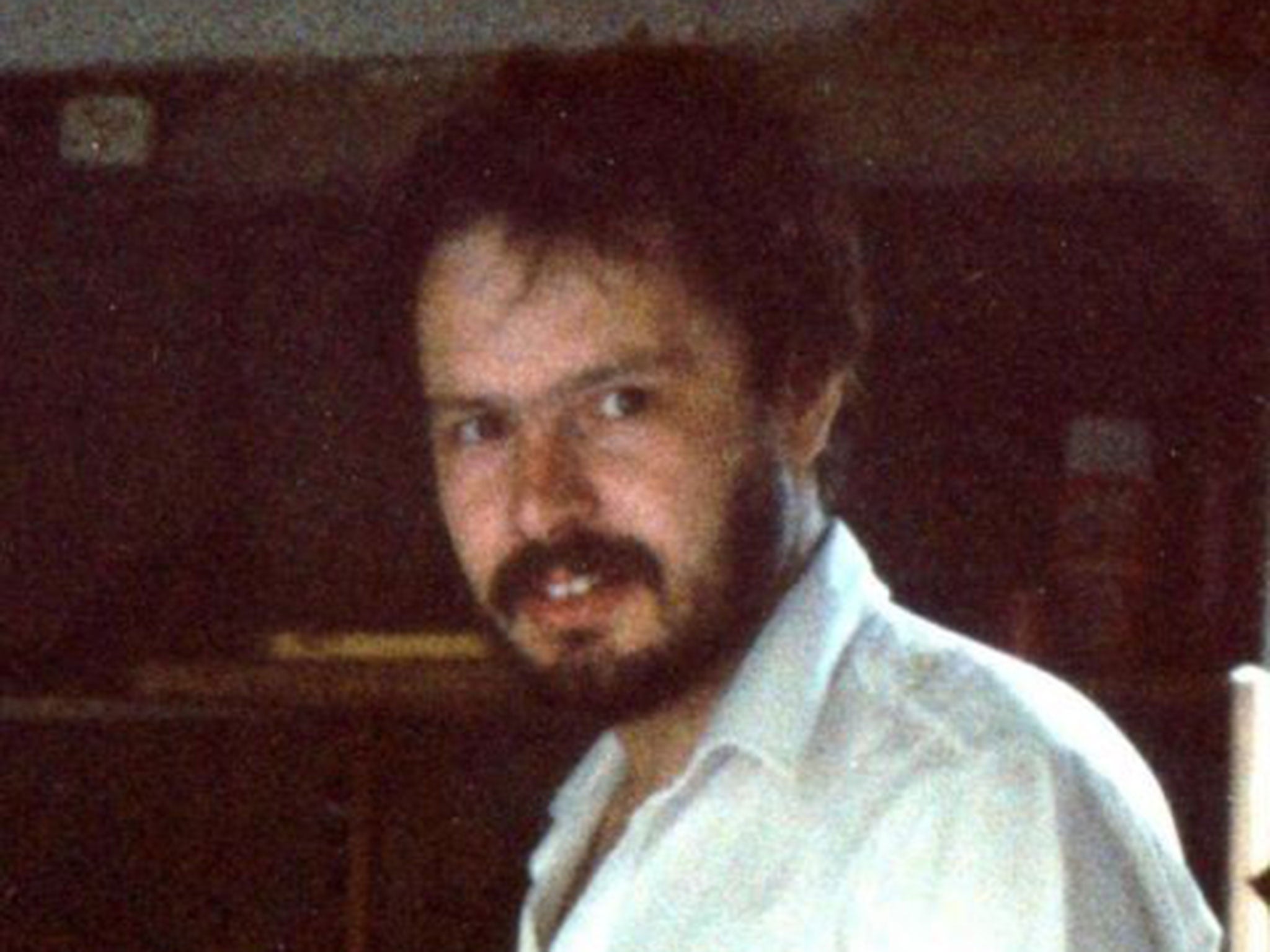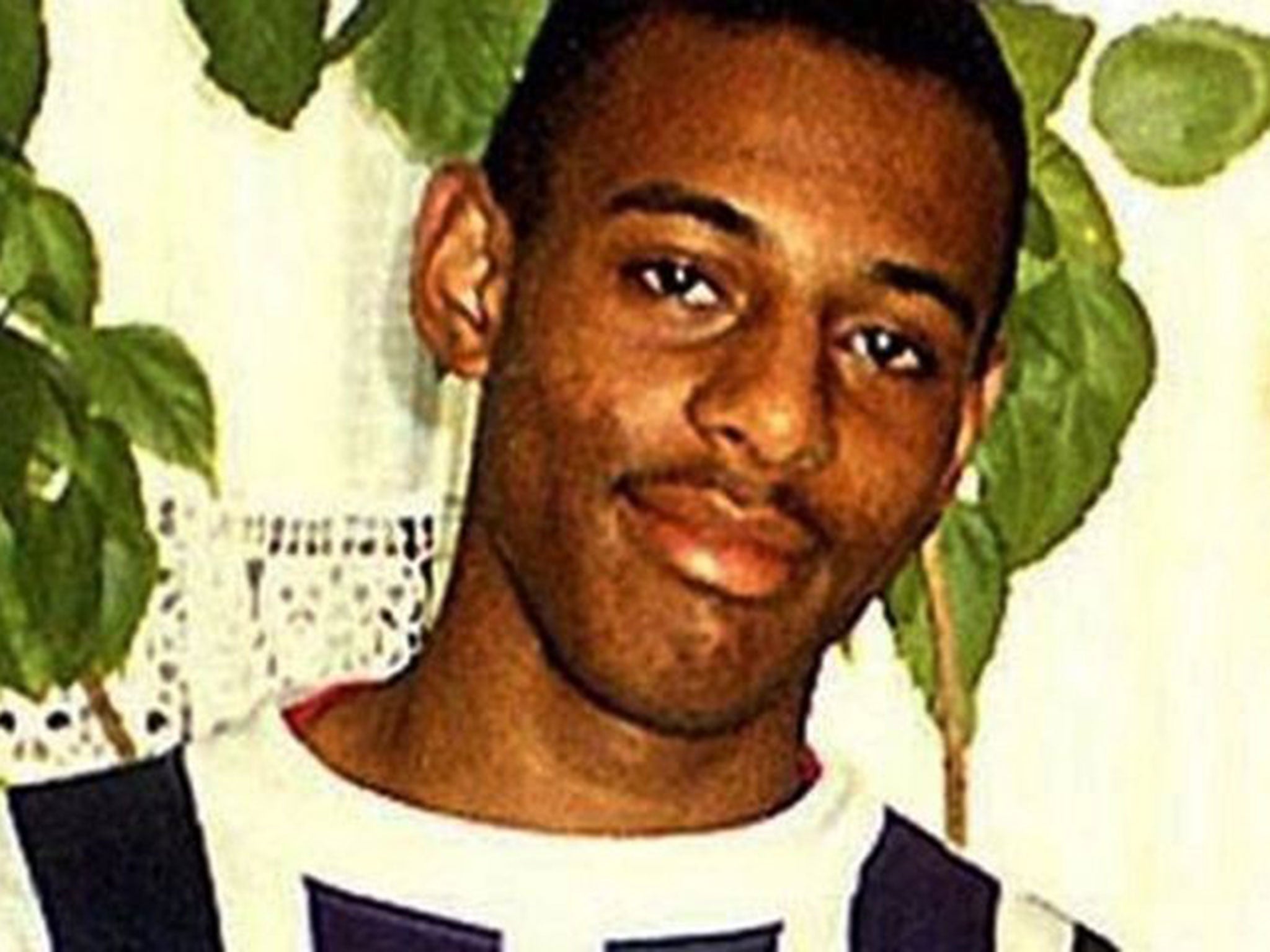Police files reveal 'endemic corruption' at the Met
Documents show how organised crime networks were able to infiltrate the force 'at will'

Scotland Yard holds an astonishing 260 crates of documents on police corruption in one corner of London alone – and very few of the rogue detectives have ever been successfully prosecuted.
A review led by one of Britain's most senior police officers has unearthed a mammoth amount of intelligence spawned by Operation Tiberius, a secret police report written in 2002 that concluded there was "endemic corruption" inside the Metropolitan Police.
The file found organised crime networks in north-east London were able to infiltrate the Met "at will" to frustrate the criminal justice system.
The huge number of crates, revealed in a letter by Craig Mackey, the Met's deputy commissioner, indicates the scale of criminality inside Scotland Yard's north-east London units, which appears to have gone almost unchallenged since Tiberius was compiled 12 years ago.
Research suggests that only a tiny number of the scores of then-serving and former police officers named as corrupt by Tiberius have been convicted.
In a letter to Keith Vaz, chairman of the Home Affairs Committee, Mr Mackey warned that the mountain of evidence against his officers is likely to continue growing. He said: "This number [of crates] is likely to expand as linked operations are identified."
Following a series of scandals surrounding the Stephen Lawrence and Daniel Morgan murders, the news will renew fears that the Met remains unwilling to confront corruption in its ranks.

In correspondence published quietly on the parliamentary website, it emerged that Scotland Yard had handed only six heavily redacted pages of Operation Tiberius to the committee, following a request from MPs for the controversial report. Its full length extends to about 170 pages.
None of the sheets released to the committee mentioned the "endemic corruption" inside Scotland Yard – or any of the shocking details of how organised crime syndicates bribed scores of former and then-serving detectives in order to access confidential databases; obtain live intelligence on criminal investigations; provide specialist knowledge of surveillance, technical deployment and undercover techniques to help to evade prosecution; and take part in criminal acts such as mass drug importation and money laundering.
In his letter, Mr Mackey said: "In my view, the release of the documents held for … Operation Tiberius at this time would not be in the public interest."
Mr Vaz said: "I am deeply concerned by the sheer amount of evidence relating to corruption in the Met. While I understand the need for sensitivity regarding current investigations, I find the amount of redaction in the reports sent to the committee baffling.
"London's police force are seen as the gold standard for the rest of the UK. It is vital that we understand the full facts in order to root out corruption in the police. I look forward to receiving the information on the numbers of officers who have been convicted in relation to these operations, as promised by Mr Mackey."
The police chief also revealed that the Met's discredited 2012 review of the Stephen Lawrence murder had "input" from the Scotland Yard press office prior to publication, but was "ultimately endorsed as suitable for public release" by the former head of the anti-corruption command, deputy assistant commissioner Patricia Gallan.

In March, a major review of the Lawrence case concluded that Scotland Yard had provided "misleading reassurance" over police malpractice in the Lawrence inquiry and found the 2012 Met report to be "ill judged".
The memo detailed that intelligence was inexplicably shredded by the Met in 2001, including evidence that officers stole and trafficked illegal drugs, shared rewards with informants, faked applications for more payouts, sold confidential information to criminals and accepted bribes to destroy and fabricate evidence.
However, the Met was criticised earlier this year when it emerged that the review, written by Detective Superintendent David Hurley, had not made it clear that it could not find the intelligence as it had been destroyed – triggering amazement from a senior police officer who had presided over the original £8m investigation, codenamed Operation Othona.
In a statement released following Mr Mackey's appearance in front of MPs, Scotland Yard said: "In hindsight, the MPS accepts Mark Ellison's view that this report was produced in too tight a timescale, which was unrealistic and ill judged, leading to the view that the MPS was attempting to provide false reassurance to the Lawrence family."
